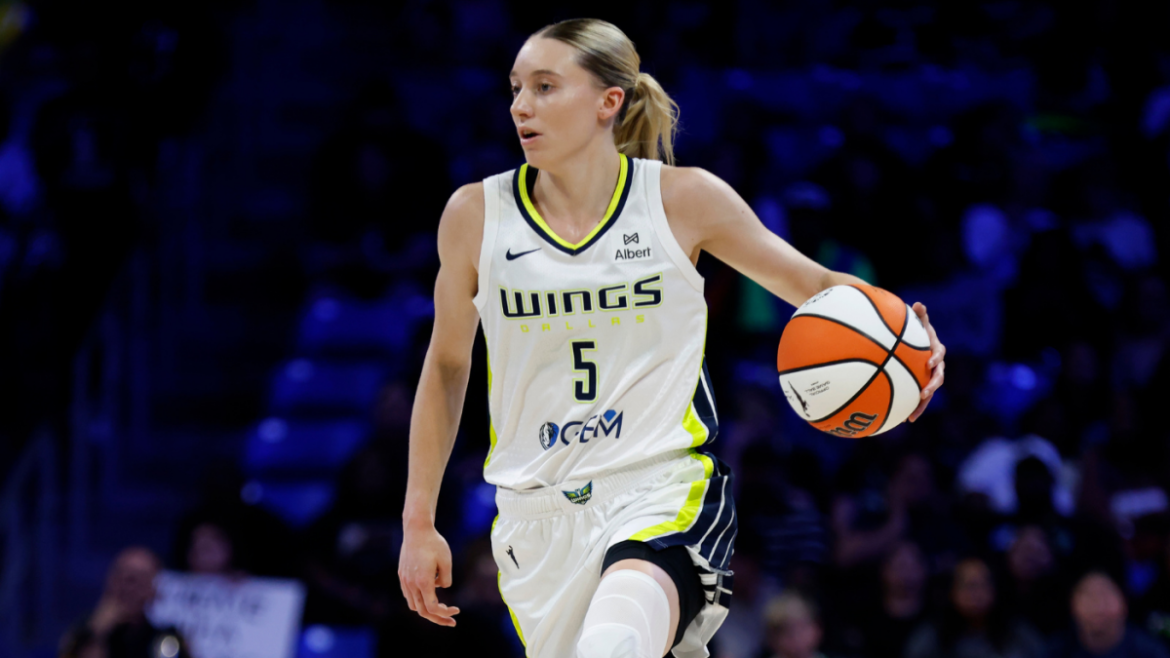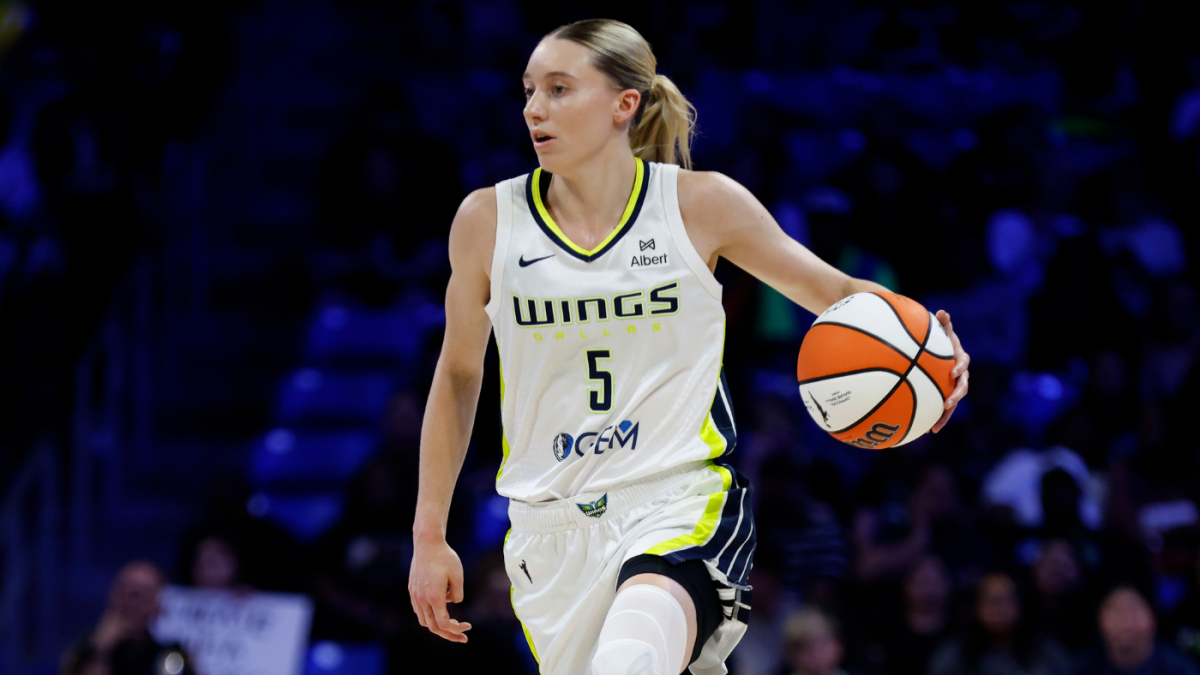Paige Bueckers: Building a Bright Future for the Dallas Wings
Introduction: The Arrival of a Franchise Player
Paige Bueckers entered the 2025 WNBA season under a bright spotlight, selected as the No. 1 overall draft pick by the Dallas Wings. Her transition from a decorated college career at the University of Connecticut to the professional stage carries substantial expectations — from media, fans, and the Wings organization alike. With a foundation built on solid shooting, adept passing, and sound defense, Bueckers embodies the hopeful cornerstone for a franchise aiming to elevate its competitive standing.
Early Impressions and Rookie Season Performance
Bueckers’ WNBA debut delivered a promising, albeit mixed, performance that revealed both her potential and room for growth. In her preseason, she posted efficient scoring with instances of smart shot selection, including a notable 6-of-8 shooting effort yielding 15 points, six assists, and five rebounds in just 22 minutes. These flashes of capability ignited excitement about her adaptability and readiness to rise to professional pressure.
During her regular season initial outings, Bueckers demonstrated considerable growth. After an underwhelming first game scoring 10 points and grabbing four rebounds, she showcased marked improvement by scoring 19 points along with eight assists in a subsequent matchup against the Seattle Storm. Despite the Wings’ 0-2 start reflected early team struggles, Bueckers’ ability to impact the game across multiple facets highlighted her invaluable contribution and burgeoning leadership role.
Core Strengths Fueling the Wings’ Rebuild
Bueckers’ game centers on core elements that align perfectly with the Wings’ systemic overhaul plans:
– Shooting Efficiency: She boasts a shooting percentage surpassing 50% intermittently, an impressive feat illustrating her scoring reliability and shot selection intelligence.
– Versatile Playmaking: With averages near 4.5 assists per game in college, Bueckers continues to demonstrate her vision and passing acuity, contributing to team fluidity on offense.
– Defensive Activity: Beyond scoring, Bueckers actively engages defensively — evidenced by recorded rebounds and shot blocks — supporting the Wings’ defensive schemes and intensity.
– Composure and Poise: Observers have noted her professional demeanor and ball handling, even at a rookie stage, showcasing maturity that promises steady progression.
Challenges and Adjustments Ahead
Though her debut season sheds light on promise, Bueckers confronts several challenges indicative of the standard professional learning curve:
– Consistency Against Tough Defenses: Facing formidable opponents like A’ja Wilson and the Las Vegas Aces, Bueckers must adjust to more physical and strategic defenses that expose rookie vulnerabilities.
– Leadership Pressure: As a franchise cornerstone, Bueckers shoulders expectations not only to produce statistically but influence the Wings’ winning culture development, a psychological hurdle during rocky early results.
– Team Synergy Development: Integrating with teammates and molding into the Wings’ systemic approach demands ongoing chemistry-building and strategic alignment.
Organizational and Fan Expectations
The Dallas Wings organization, led by General Manager Curt Miller and head coach Chris Koclanes, expresses confidence in Bueckers’ trajectory. Miller has publicly praised her quick learning and foundational skills, while fans revel in the optimism surrounding her presence. The selection of Bueckers symbolizes a clear directional shift for the Wings, inviting comparisons with other rising stars and reigniting Dallas basketball enthusiasm.
Her marketability and symbolic status have also manifested in memorable moments like her viral appearance sporting a custom cowboy hat, symbolizing her assimilation into the Dallas culture and the WNBA’s broader momentum.
Conclusion: A Promising Chapter Only Just Beginning
Paige Bueckers’ rookie season with the Dallas Wings has been an intriguing blend of flashes of brilliance and necessary growing pains. Her foundational skills and on-court intelligence have set the stage for her to evolve into a franchise-leading player and a catalyst for the Wings’ competitive resurgence. While early losses remind observers that professional excellence demands endurance beyond individual talent, Bueckers’ quick adaptation and all-around skill set suggest a valuable trajectory upward.
The Wings must now address calibrating team dynamics, defensive cohesiveness, and strategic execution around their marquee talent. If Bueckers continues to draw from her solid collegiate pedigree and exhibit the maturity noted in early games, she will not only answer the “Paige Bueckers problem” of how to maximize her impact but also usher the Dallas Wings into a prosperous new era of success.





